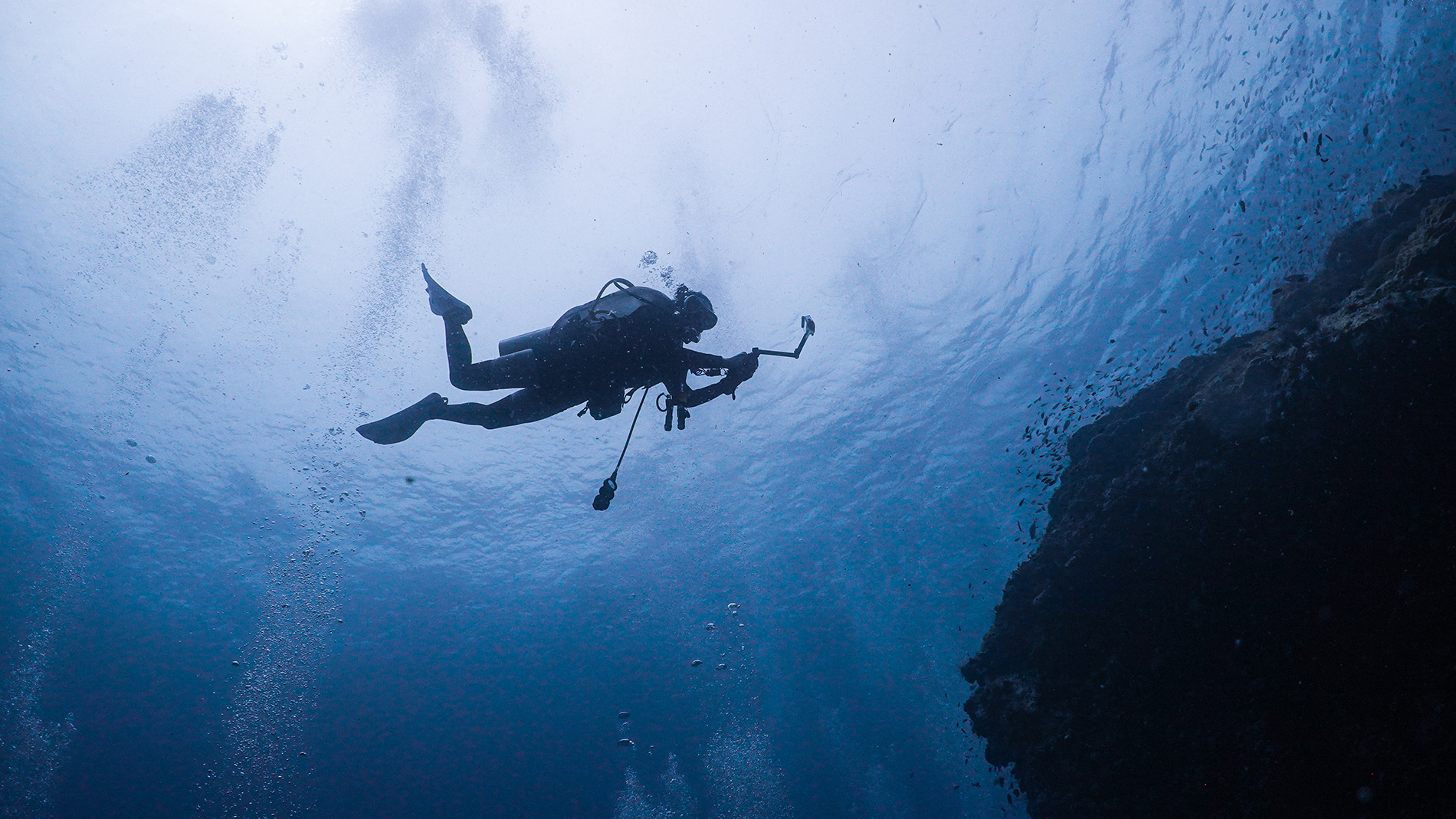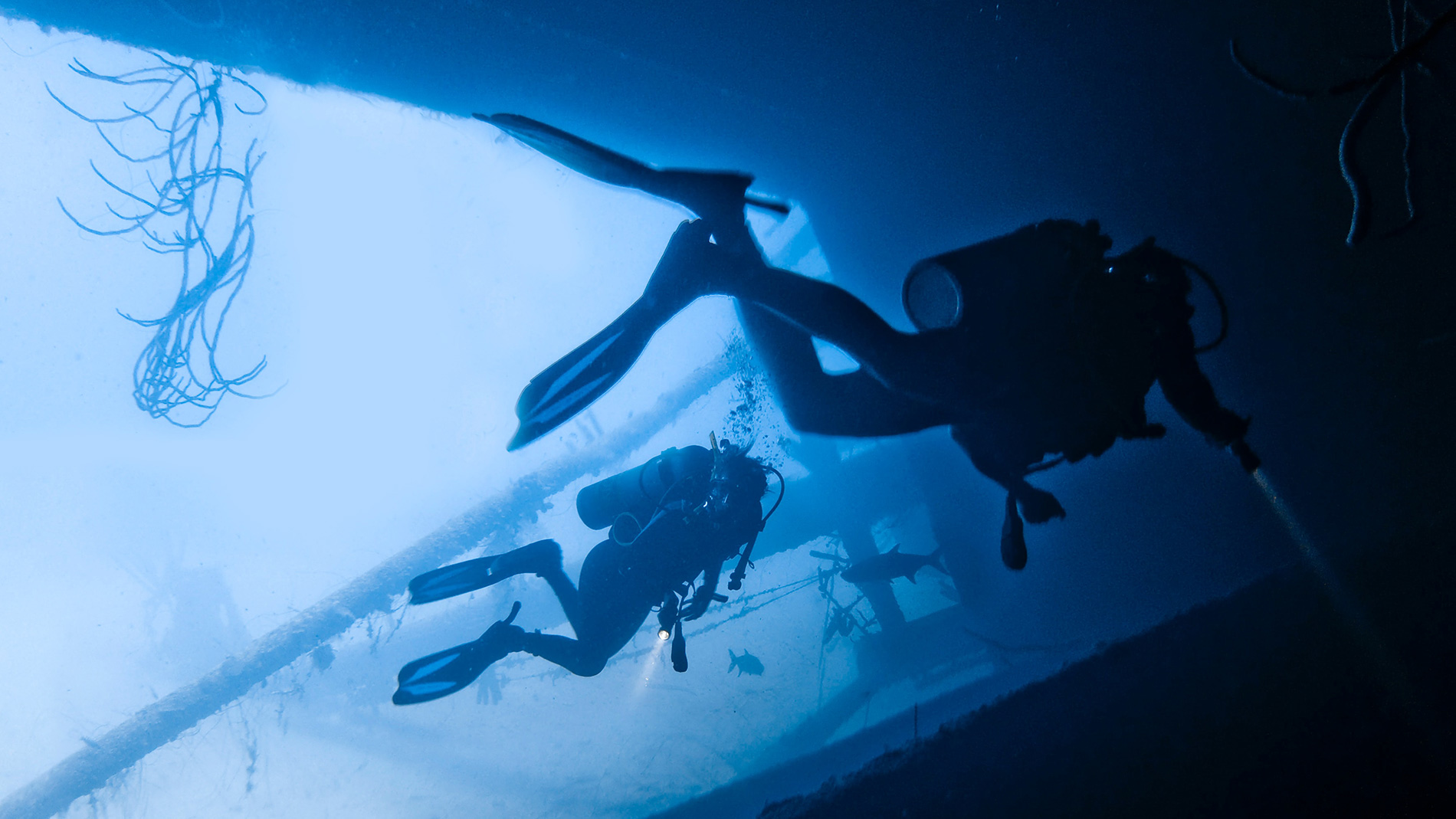Scuba diving becomes increasingly popular each year, as does scuba diving-related travel. Yet not every standard travel insurance policy provides coverage for scuba diving. In fact, you will likely need to add adventure sports coverage to your policy.
Top scuba diving destinations
Australia
It’s no surprise that the country right next door to the Great Barrier Reef is a top diving destination. The reef is so long you can see it from space, which means there are plenty of spots to explore.
Belize
Belize’s Blue Hole is undoubtedly one of the most iconic dive spots in the world. At 984 feet in diameter and more than 400 feet deep, this marine sinkhole was made famous by Jacques Cousteau himself.
United States
While the country’s coastal areas offer a diverse range of diving opportunities, it’s undoubtedly the Hawaiian Islands that take the cake where US diving destinations are concerned. Tropical fish, seals, and sharks are abundant, along with humpback whales during the winter months.
Indonesia
As the home of the world’s largest archipelago, Indonesia is a dream destination for divers. You can discover incredible underwater landscapes that are home to more than 3,000 species of fish and 600 types of coral.

Dive in: what does scuba diving travel insurance cover?
Scuba divers can purchase a travel insurance policy that provides coverage for dives up to a maximum depth. The maximum depends on the qualifications of the recreational diver.
Qualified divers, meaning those who are certified by a recognized scuba diving authority like the Professional Association of Diving Instructors maybe covered for dives with a maximum depth of 40 meters (131 feet).
Unqualified divers, meaning those who are not certified by a scuba diving authority, are limited to depths of 30 meters (98 feet).
Even for qualified divers, participation in underwater activities maybe excluded if the depth exceeds 40 meters (131 feet).
For dive trips that qualify, travel insurance provides a wealth of coverage, including travel medical insurance, trip delay, and baggage coverage.

What is not covered
If you’re planning a dive trip, it’s important that you line up your scuba travel insurance ahead of time. You need to pack your diving mask, your wetsuit, fins, and depth gauge, but just as important as all of your equipment is a scuba diving insurance policy.
